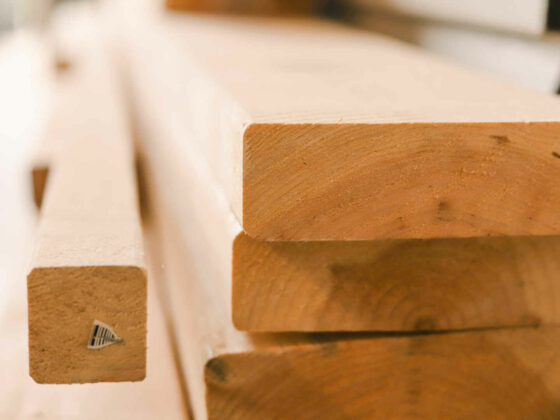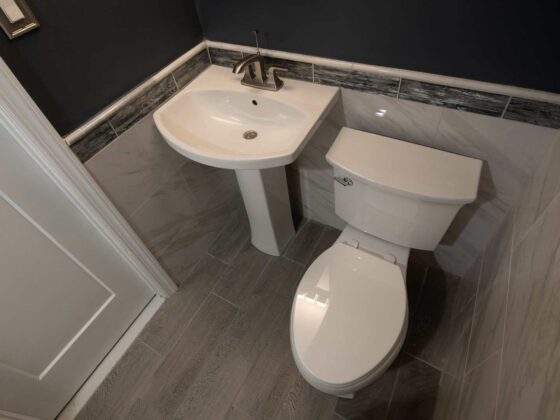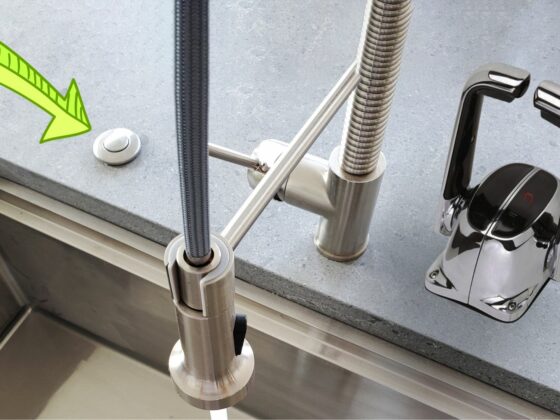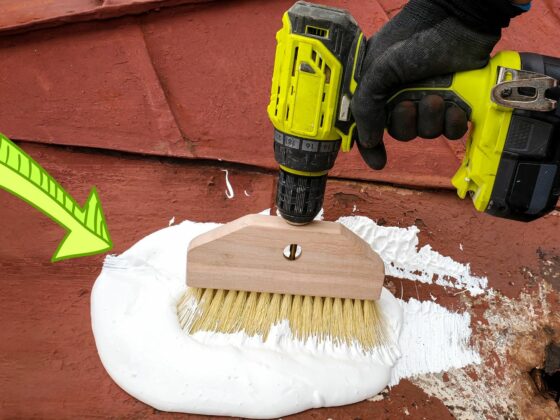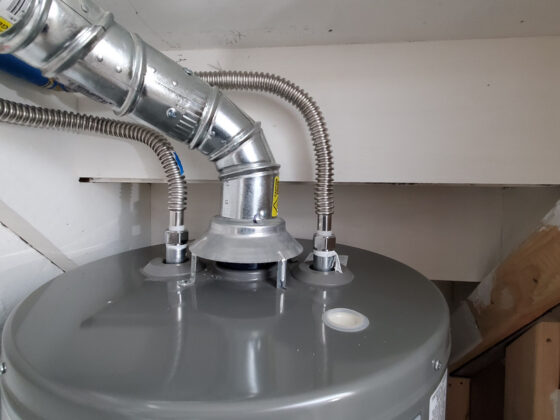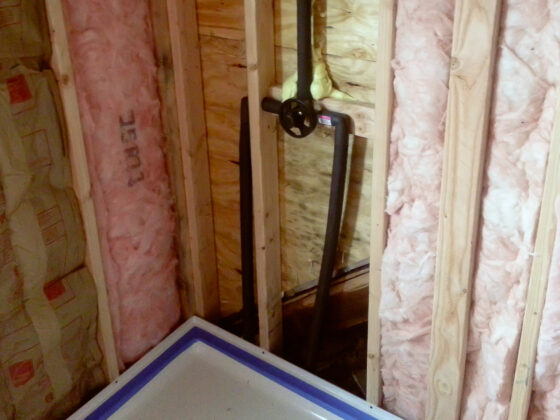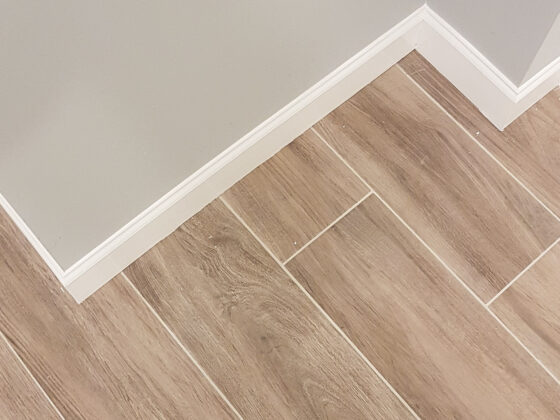When you are trying to set aside a budget for your monthly household expenses, the car loan amount or the monthly rent of the house needs to be taken into account. However, there are a lot of other things you need to take into consideration as well. Take the utility costs, for example. Utility cost refers to those expenses which come through utilities like electricity, heating, waste disposal, sewage and water. Just like most people on the planet take the availability of water for granted, a lot of people miss out on taking their water bill into account while making budgets. So, how much does the average water bill cost in the USA?
A family in America, on average, spends a $420 a year on water bills. That amounts to $35 a month. These value vary from state to state. We will pay the most in states such as: West Virginia – $72, Connecticut – $69, California – $65. The least in such states as: Florida – $6, Vermont – $18, Wisconsin – $18.
On average, a family comprising of four individuals, with each of them using 100 gallons of water per day would have to pay $35 per month. While this is the average water bill for a family in America, the amount could be a little higher or even lower based on the consumption needs of a family. These days, you do find some people who are conscious about issues like water conservation. In such a household, the consumption and thereby, the bill, would be lower.
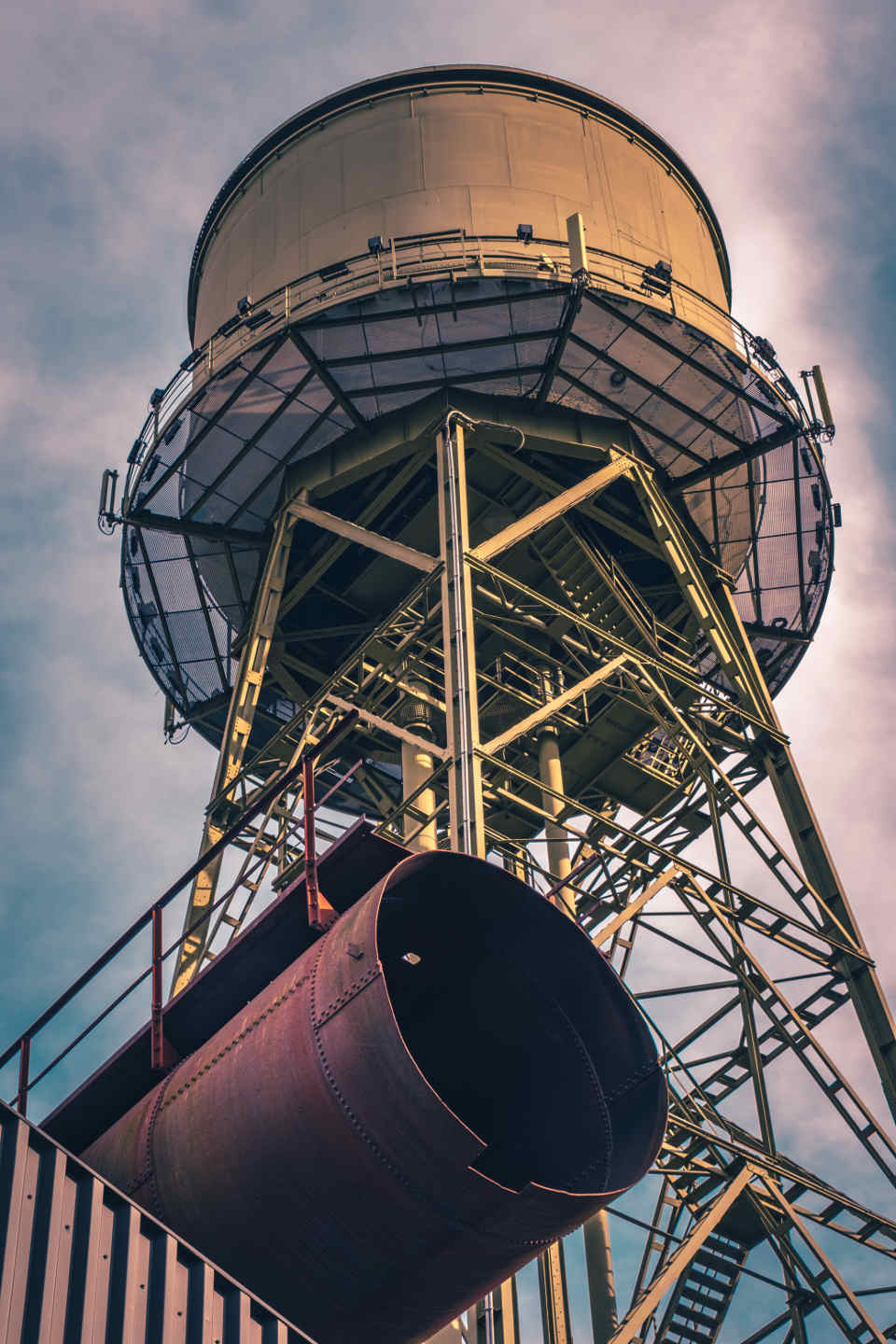
What is the average cost of water in the US from state to state?
The average cost of water in the US varies from state to state. A family consisting of four members in Phoenix would have to pay $34.29 a month if each individual uses 100 gallons of water every day. If the same family shifts to Boston, they will have to pay $65.47 a month. The difference is quite big and it shows how the average cost of water is different in different geographical areas in the USA.
There are a bunch of factors that play an important role in determining the cost of water in a particular area. For instance, if a city is very close to a water body or is never known to face any shortage of water, then the cost of water there is likely to be much lower as compared to a city that deals with the scarcity of water on a regular basis.
Below is a list of the average water bills by state based on World Population Review:
West Virginia – $72
Connecticut – $69
California – $65
New Jersey – $64
Utah – $58
Washington – $57
Hawaii – $57
Wyoming – $52
Kentucky – $49
Texas – $46
Delaware – $45
New York – $44
Maryland – $42
Indiana – $38
Missouri – $38
Alaska – $37
Arizona – $37
Colorado – $37
Idaho – $37
Montana – $34
Louisiana – $33
Oklahoma – $33
Pennsylvania – $30
Massachusetts – $30
Georgia – $29
Iowa – $28
Rhode Island – $28
Michigan – $28
New Mexico – $28
South Carolina – $27
Minnesota – $27
New Hampshire – $26
Ohio – $26
Kansas – $26
Oregon – $37
Virginia – $36
Alabama – $26
Tennessee – $26
Illinois – $25
Nevada – $25
South Dakota – $24
North Dakota – $24
Nebraska – $23
Mississippi – $23
Arkansas – $22
North Carolina – $20
Maine – $19
Vermont – $18
Wisconsin – $18
Florida – $6
What are the components of a water bill?
The water bill you receive has various components. There are water and sewage charges along with some other charges related to infrastructure. The number of elements included in the water bill also depends on whether you have opted to receive water from a local water supplier or some other licensed company in your city. The charges related to water and sewage fluctuate almost every year and are hugely influenced by the area you are living in or the water company whose services you are availing of.
If you install water meter in your home, your bill will be calculated on the basis of estimated water consumption. There will be two kinds of charges including a fixed standing charge which is dependent on your water meter’s size and takes into account the readings provided by the water meter. Though the number of people using a water meter is high, there are many who still don’t use them. The water bills they receive have a fixed charge that is derived with the help of the value ascribed to the property.
What uses the most water in your home?
In a house, water gets used by different people for different purposes. While washing your hands doesn’t cost a lot of water, bathing does. Using a machine for doing a task which you would use your hands for proves to be more effective when you are planning to save up on water. For instance, using a dishwasher will help you save around 50 percent of the water that you use in washing dishes with your hands.
As strange as it may seem to some, the one activity which uses the most water in a home is toilet flushing. 4 to 6 gallons of water are used in each flush. Therefore, if there is an issue like a toilet leak, you must get it fixed as soon as possible. You must be mindful about using that flush. If there is some dirt inside the toilet, you could wash it off by pouring a mug of water instead of using the flush. You can read more about it in the article: “Everything You Need to Know About Phantom or Ghost Flushing Toilet?“
What causes a high water bill?
Nobody likes to stare at a high water bill. Have you been making a lot of efforts to bring lower your monthly water bill but things are not really working out? Well, there are several factors that could result in a high water bill. Some of these are listed below.
- Leaky toilets – According to a survey, around 31 percent of water use in an indoor area like a house is accounted for by toilets. Toilets use a lot of water; that’s a fact. When they suffer from leakage, the amount of water used is much higher. A lot of water gets wasted in this process and that’s definitely not a good thing. A leaky or running toilet can result in around 6,000 gallons of water getting wasted in a single month!
There are a couple of methods through which you can check for a toilet leak. ‘The sound check’ is one of the more common methods to determine the problem. Walk closer to the toilet and check if a hiss-like sound is coming out of it. If yes, then there is a leakage issue with your toilet. Check the water line connections properly and also have a good look at the tank flapper. If you are not sure about a leak, then call a technician home and request him to do a thorough check. More about it in the article: “Everything You Need to Know About Phantom or Ghost Flushing Toilet?“
- Old toilets or fixtures – Leakage issues are very common with fixtures or toilets that are very old. If you are buying a home or an apartment, always check the condition of toilets and fixtures in the bathroom. The house may be new to you but it could have been built a long time ago. If you notice the toilets to be outdated, ask the current owner to get them replaced with new ones. You could also consult the real estate agent regarding the health of these things. Also, check the condition of the shower heads, home faucets and other equipment that use water.
- Lateral line leaks – If one or more underground pipes, through which water comes to your home, has a crack or some other related issue, it could result in a leakage problem. There are different reasons behind such a leak occurring like aging pipe, animal-based activity, tree root intrusion or seismic activity. While it is difficult for an individual to check for any leakage in the underground pipes, if the bill is abnormally high, you could speak to an agency or a professional plumber to do the needful.
- Bad consumption habits – Despite a part of the world’s population slowly getting aware of the importance of conserving water, there are many who still don’t make any efforts to control the way they use or consume water. Every action has a reaction, they say. So, when they are handed over a high-water bill due to their bad consumption habits, they shouldn’t be surprised.
There are a bunch of activities that result in water getting wasted. Having an understanding of a few things does help. Top-loading laundry machines are said to consume 200% more water than front-loading machines. When you brush your teeth or are shaving, make sure that you turn off the tap or the faucet when water is not needed. If you make it a habit, you will end up saving a lot of water in the long run.
Related Questions
What is the average water bill for a two-bedroom apartment?
The average water bill for a two-bedroom apartment depends on the number of occupants in the apartment. Since it’s a 2 BHK, one could assume that four people live in it. If that’s indeed the case, then the average water bill could be around $35. If only two people live in this two-bedroom apartment, the average water bill could be closer to $17.
What does the average American pay for water bills per year?
An average American pays around $17 a month as his water bill. If you are living on your own and not with your family, then your water consumption needs are entirely in your control. If you think you are paying too much for water, you can bring in a certain amount of discipline in your everyday activities and minimize the use or rather, the wastage of water.
How much does 1 gallon of tap water cost?
Back in the day, one assumed water flowing out of a tap in a public space to be free. While water-based installations were put together in various places across the USA to help people have access to water, it resulted in a lot of people wasting it. That’s the reason why you have to now pay for water regardless of where it comes out of.
In America, 1 gallon of tap water would cost you $0.004. What might shock you is the fact that a gallon of bottled water is around 300 times more expensive. So yes, tap water is quite inexpensive in comparison but if you are plan to use it for consumption/drinking purposes, make sure you purify it first using any of the reliable water filtration methods.
What state has the highest water bill?
In the United States, West Virginia is the state that has the highest water bill. An average family based in this state pays $72 as its water bill. Connecticut comes a close second where an average family shells out around $69 as its water bill.
How much water does a 10-minute shower use cost?
A 10-minute shower in an American state would consume around 20 gallons of water. If we take that into consideration, a 10-minute shower would cost you $0.06 or 6 cents on average.
Related community topics
If you have any other questions that are not answered in this article, you can ask them on our Home Improvement Community Forum by clicking on this link.
Header photo © Artem Beliaikin / Unsplash


